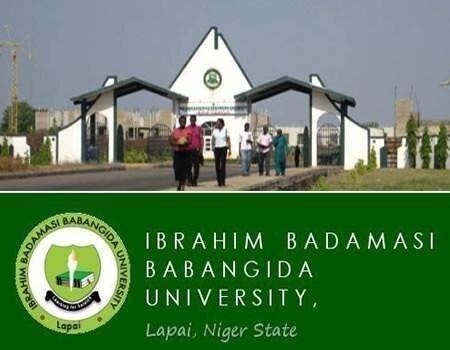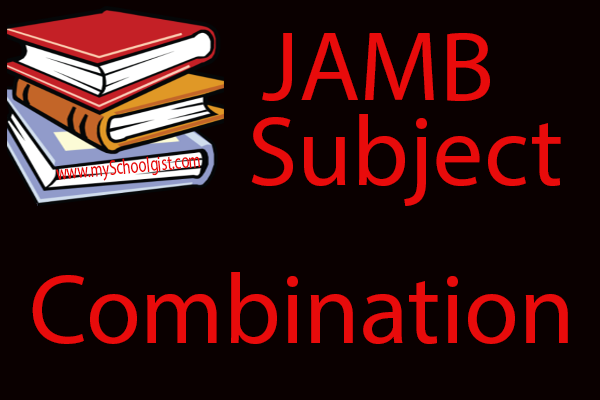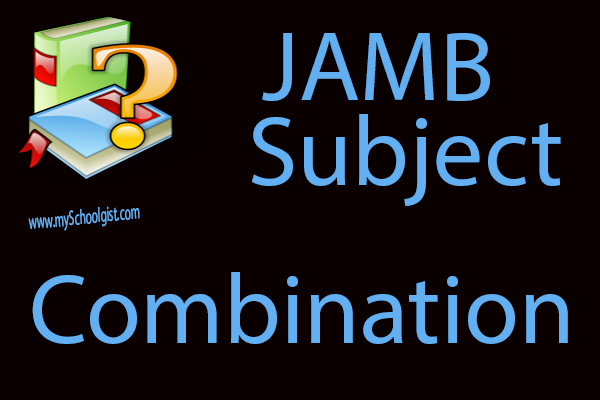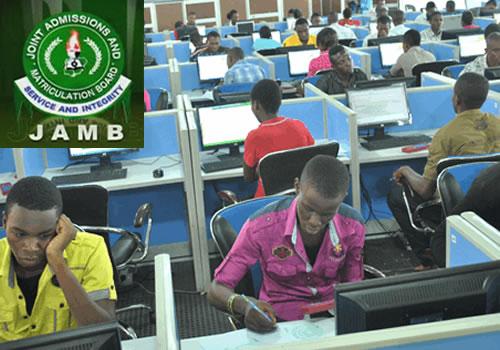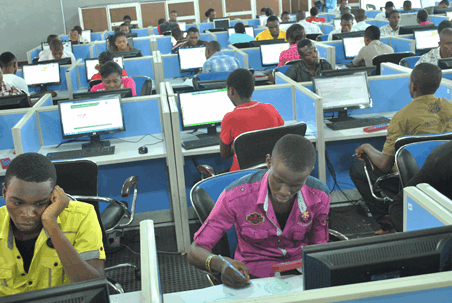
Joint Admissions and Matriculation Board, JAMB has reduced number of questions and time required to sit for the 2017 Unified Tertiary Matriculation Examination.
As from 2017, candidates sitting for the Unified Tertiary Matriculation Examination would spend two hours instead of three hours, the Joint Admissions and Matriculation Board said on Wednesday.
JAMB examination on the Use of English previously had 100 questions but has now been reduced to 60 questions, while the other three subjects now has 40 questions each, making a total of 180 questions.
See also; 2017 JAMB Form: Registration Procedure & Guide.
Similar Posts:
The Registrar/Chief Executive of JAMB, Prof. Is-haq Oloyede, announced the changes in Kaduna during the commencement of a strategic planning retreat on monitoring, supervision and evaluation of 2017 UTME with the theme, ‘Inclusiveness and sensitisation of key external actors.’
According to him, the reduction in hours was in line with international standards and best practices where candidates are required to sit for an examination such as UTME for not more than two hours.
He said JAMB has also made some changes in the use of computer for the test.
“From the general feedback on the adoption of the Computer Based Test mode, we have noted the challenge of computer low level literacy of some candidates, especially with the phobia for the mouse. This has been responsible partly for the call by some people for reversal to the Paper and Pencil Test mode. In order to ensure equity and level playing field for all candidates taking the UTME, JAMB has designed a system that will allow candidates to use only eight keys without the use of the mouse.
“All the candidates need to do is to press the letters A,B,C,D for responses(answer) to questions and keys: P = Previous question, N = Next question, S = Submit responses when candidate has finished examination R = Reverse (do not intend to go further to submit again).”
JAMB also said special privileges would be accorded to blind candidates in the UTME, including “the transportation and accommodation of every blind candidate and one guide.”

